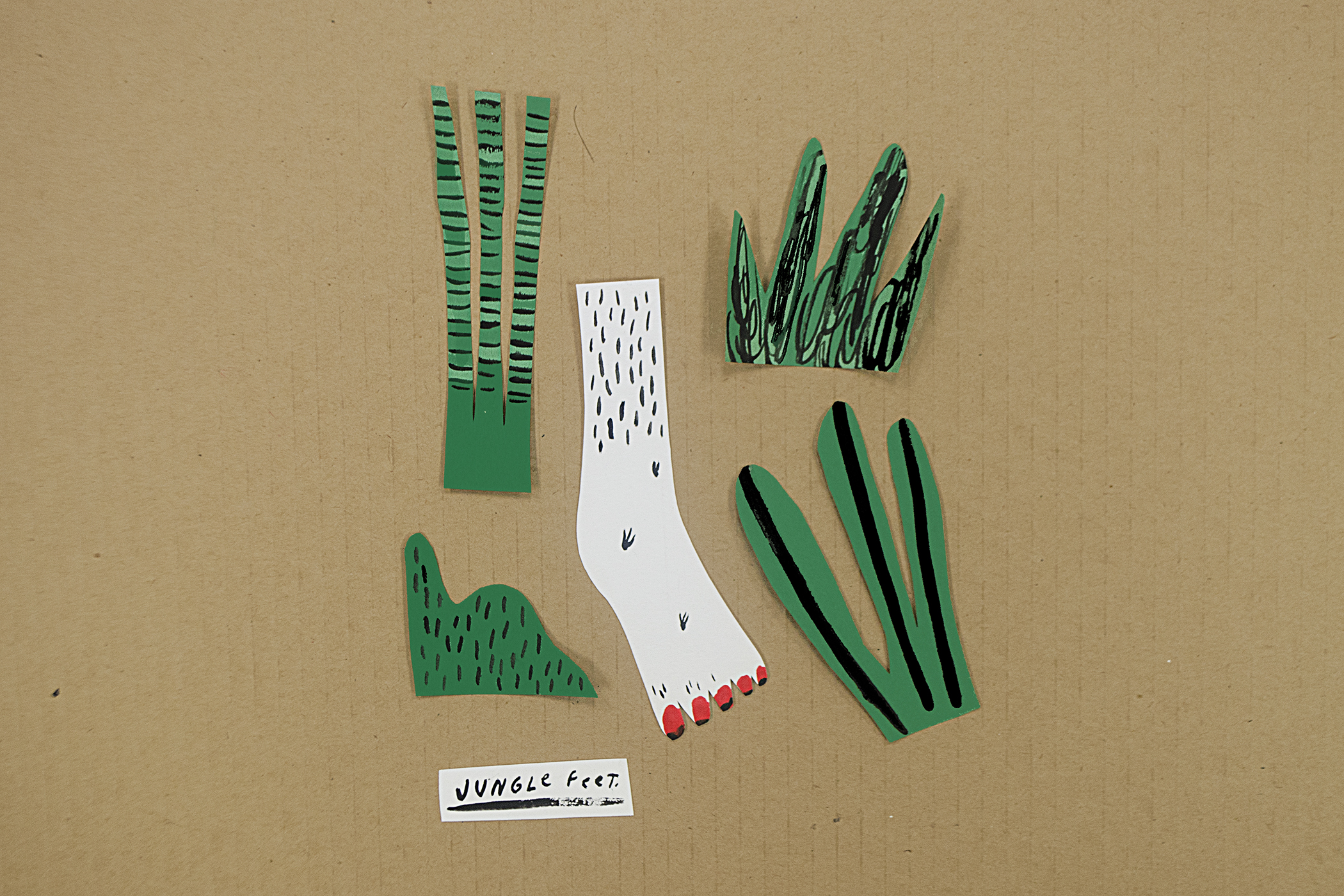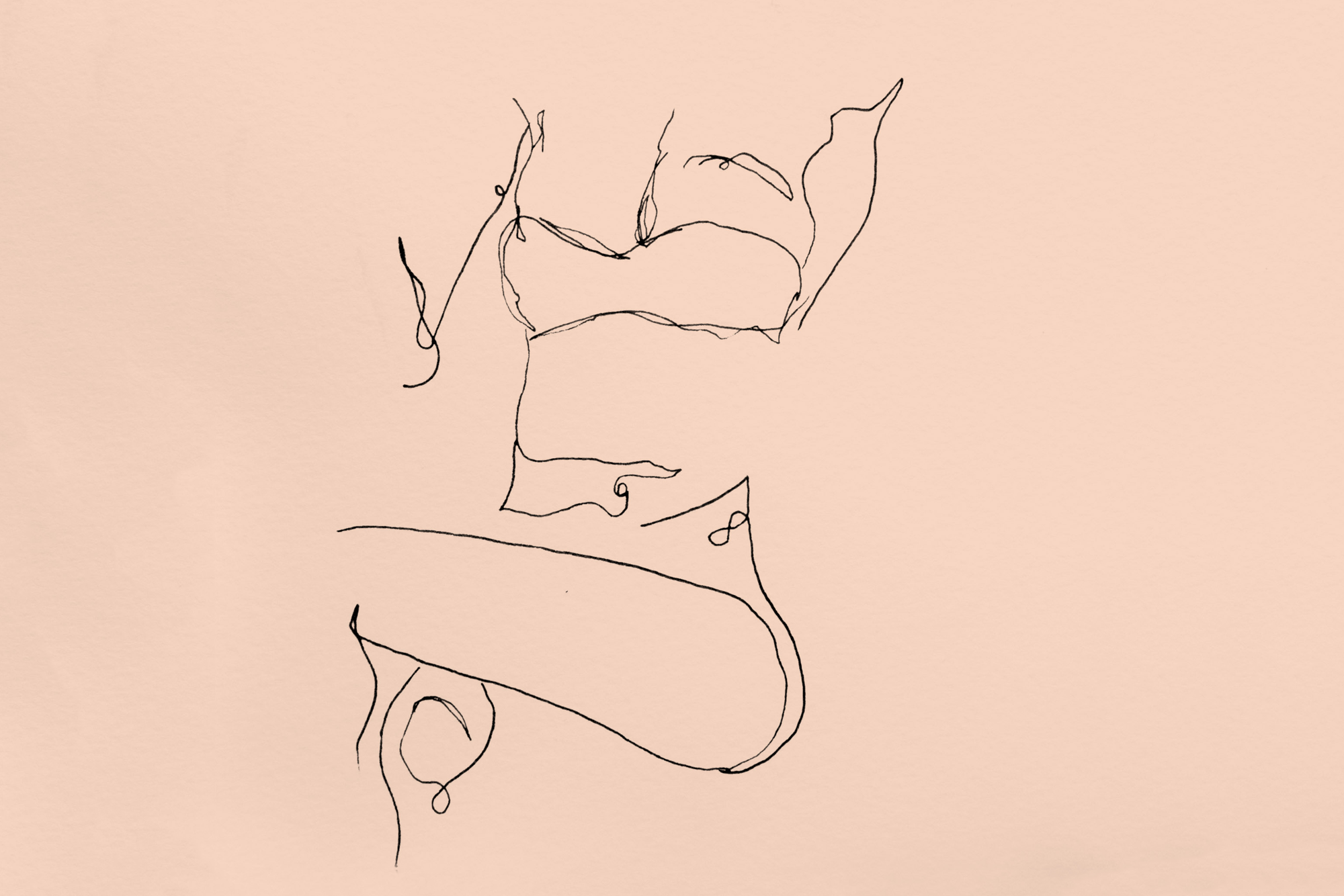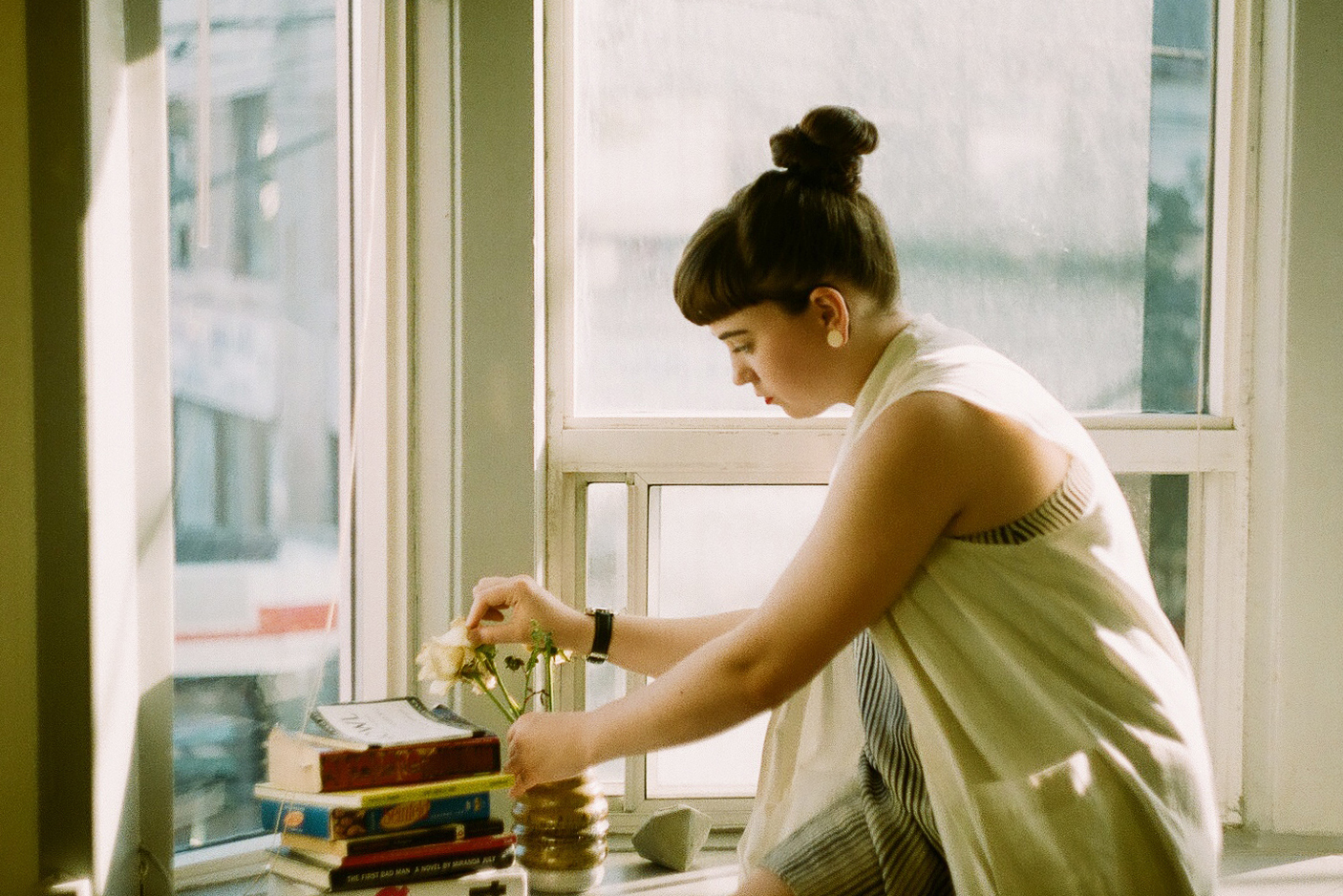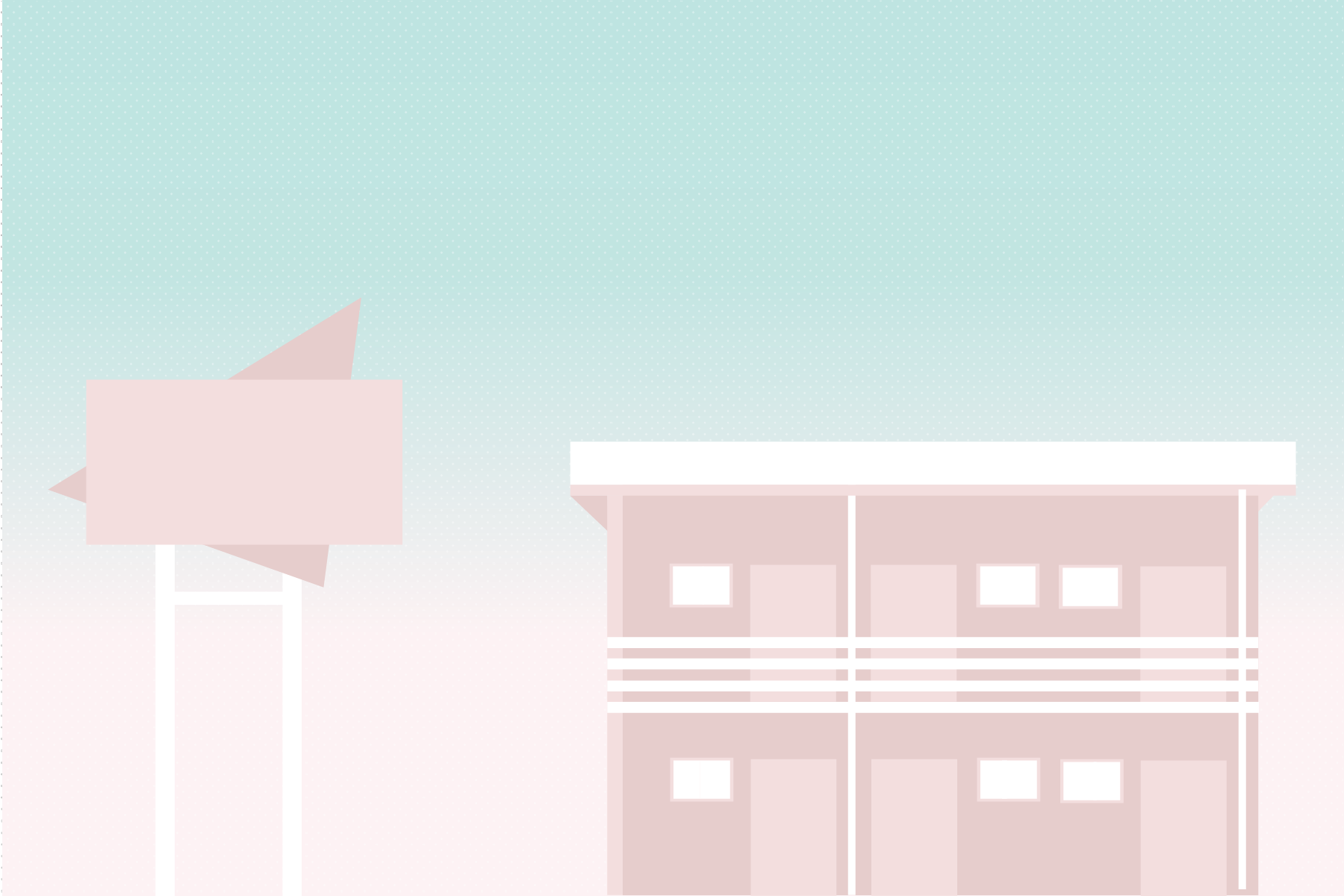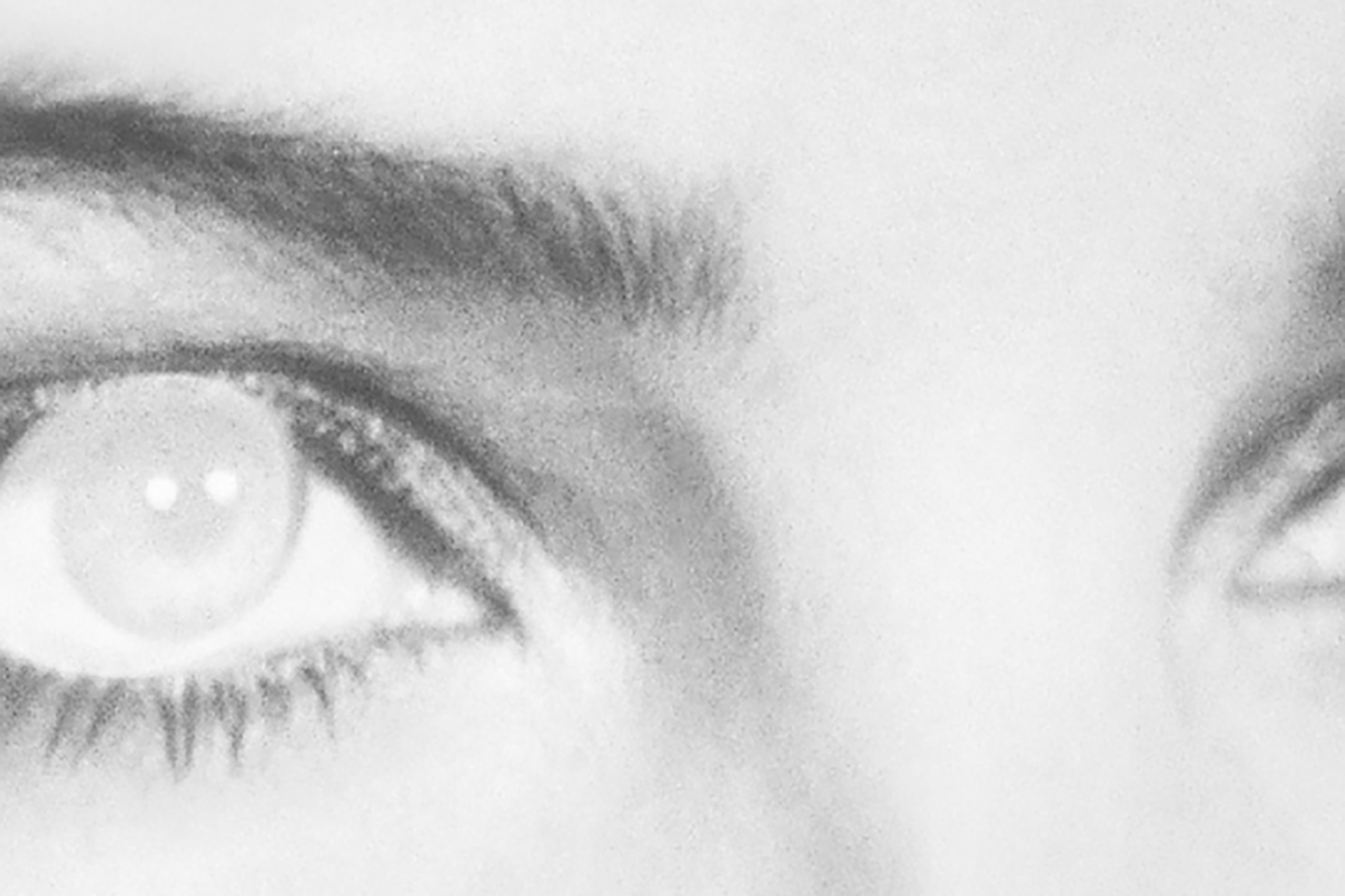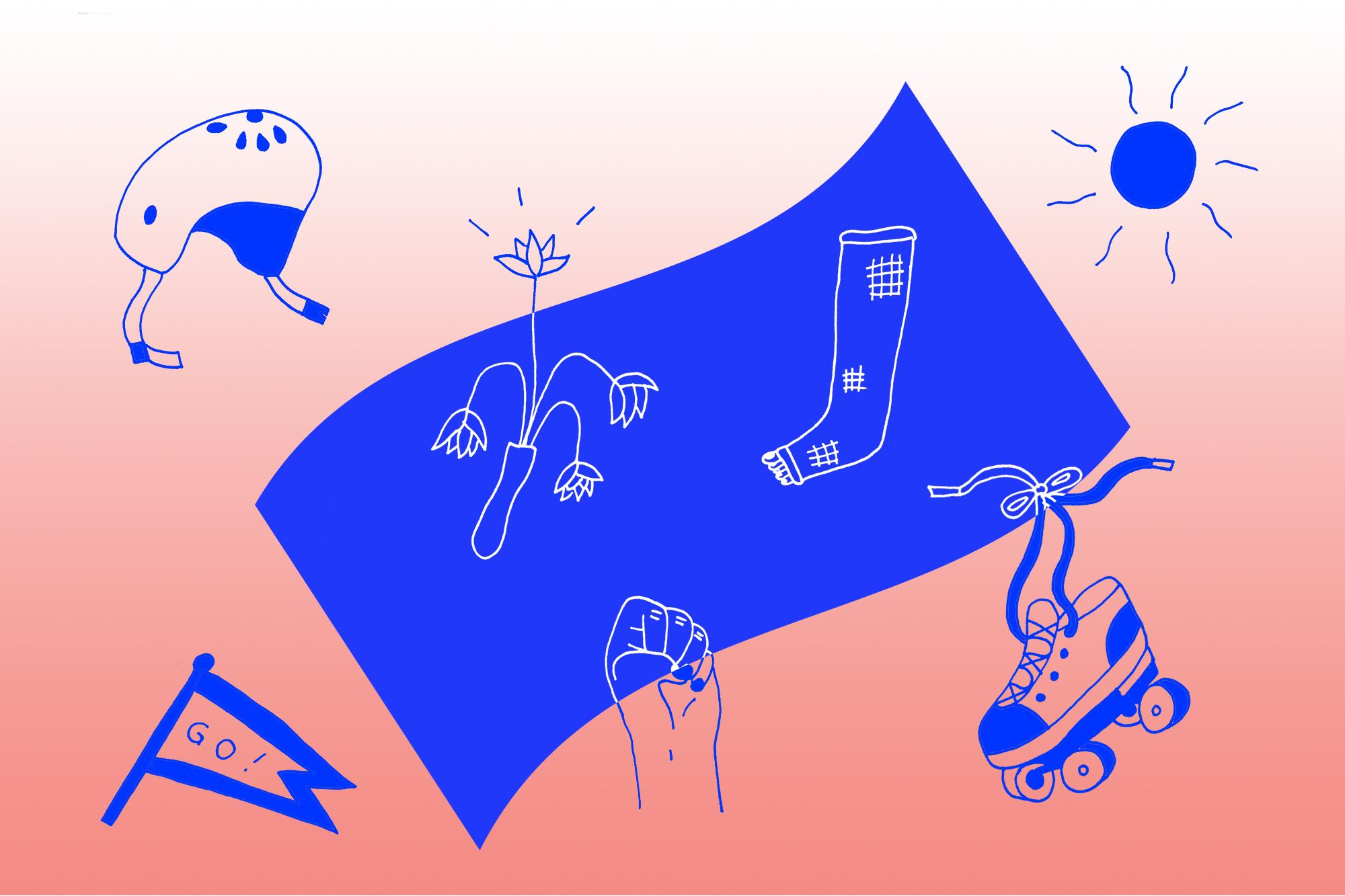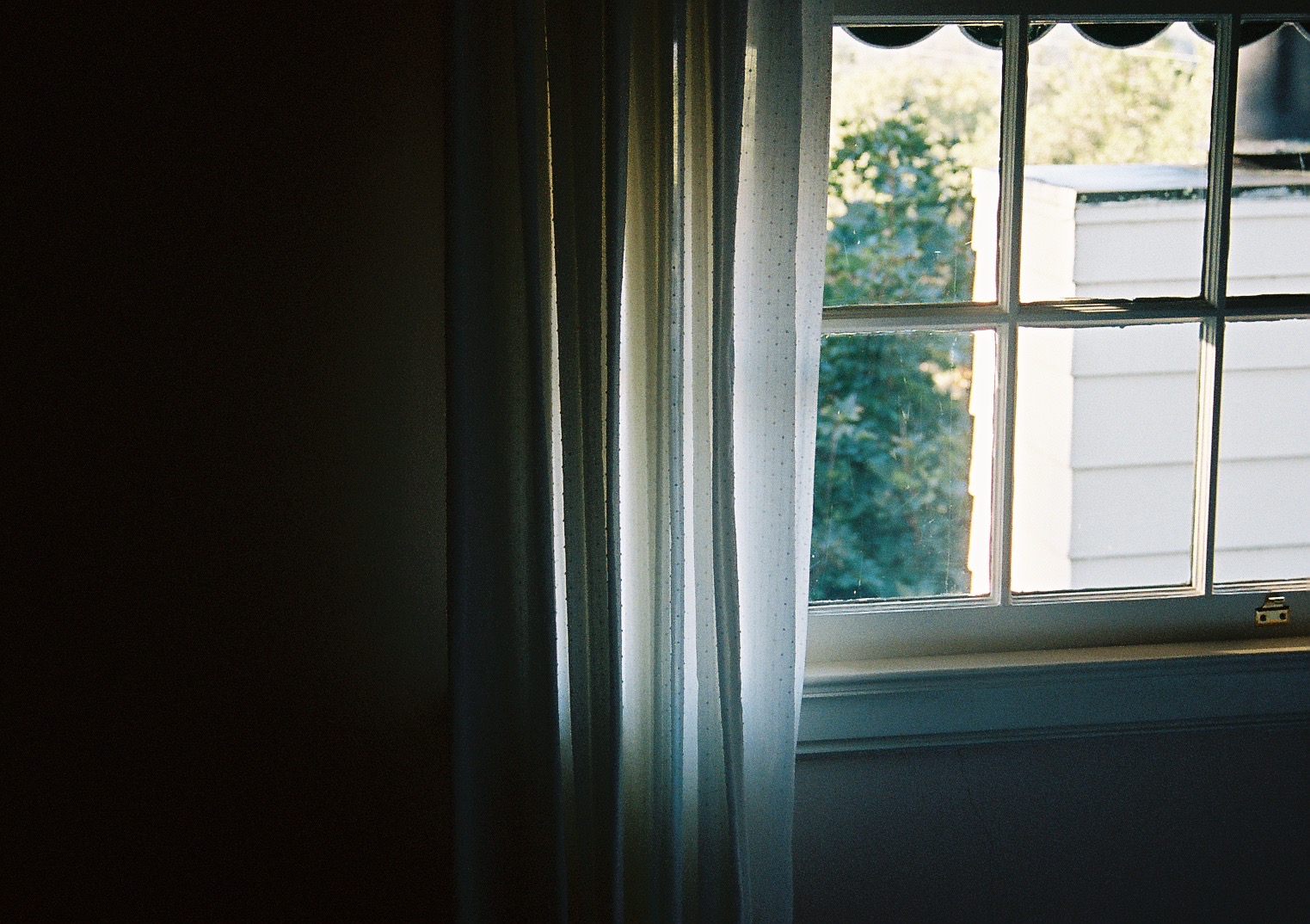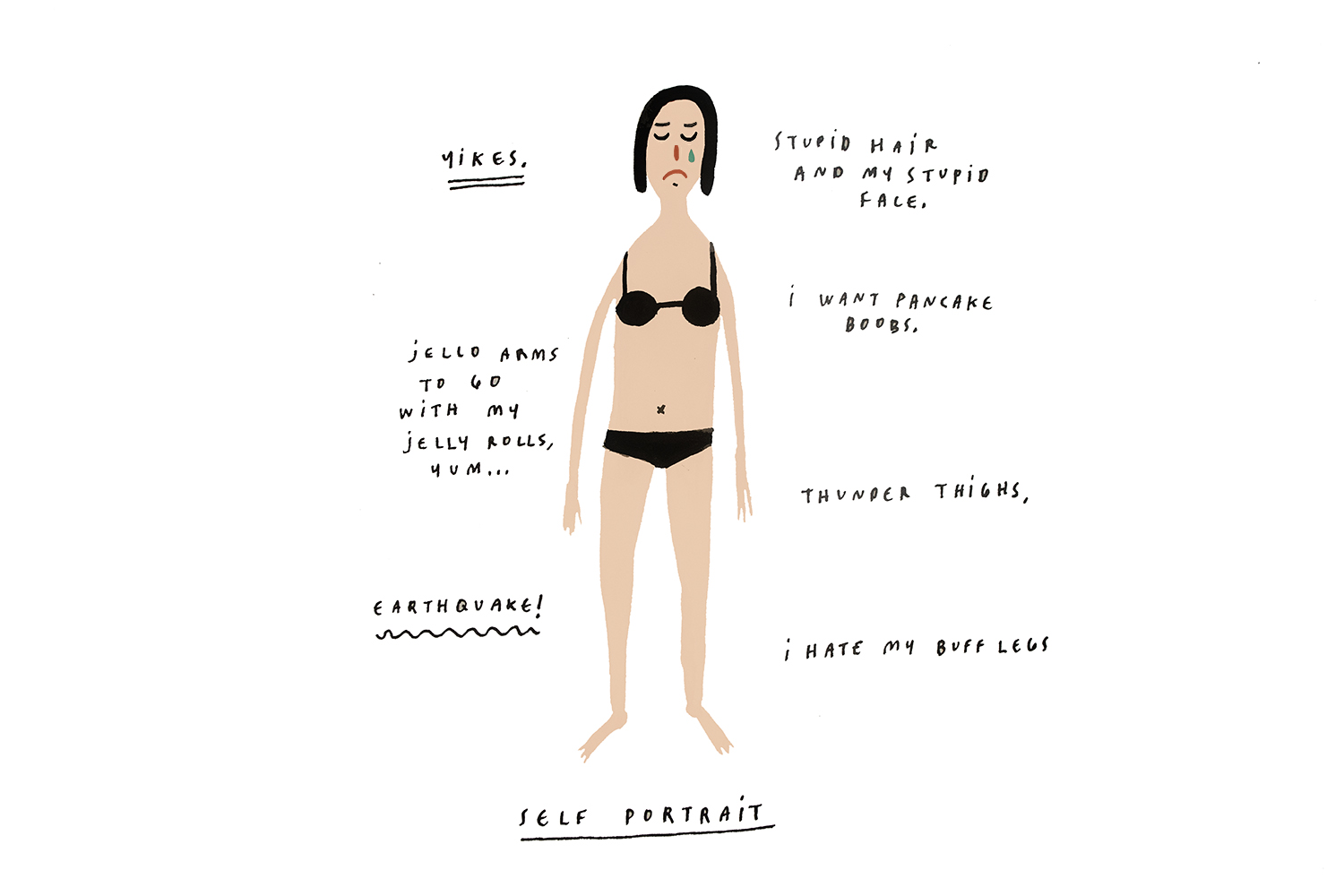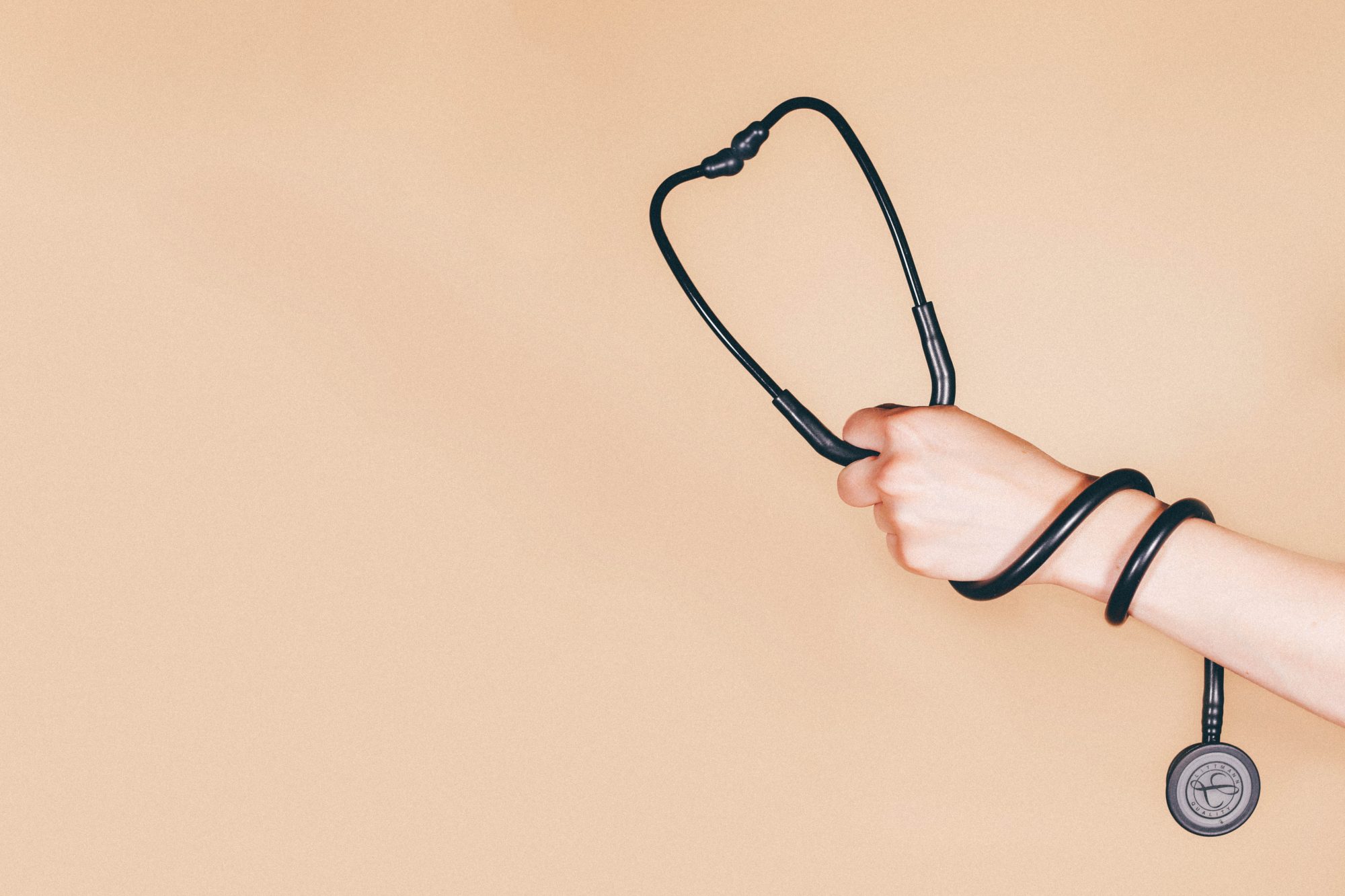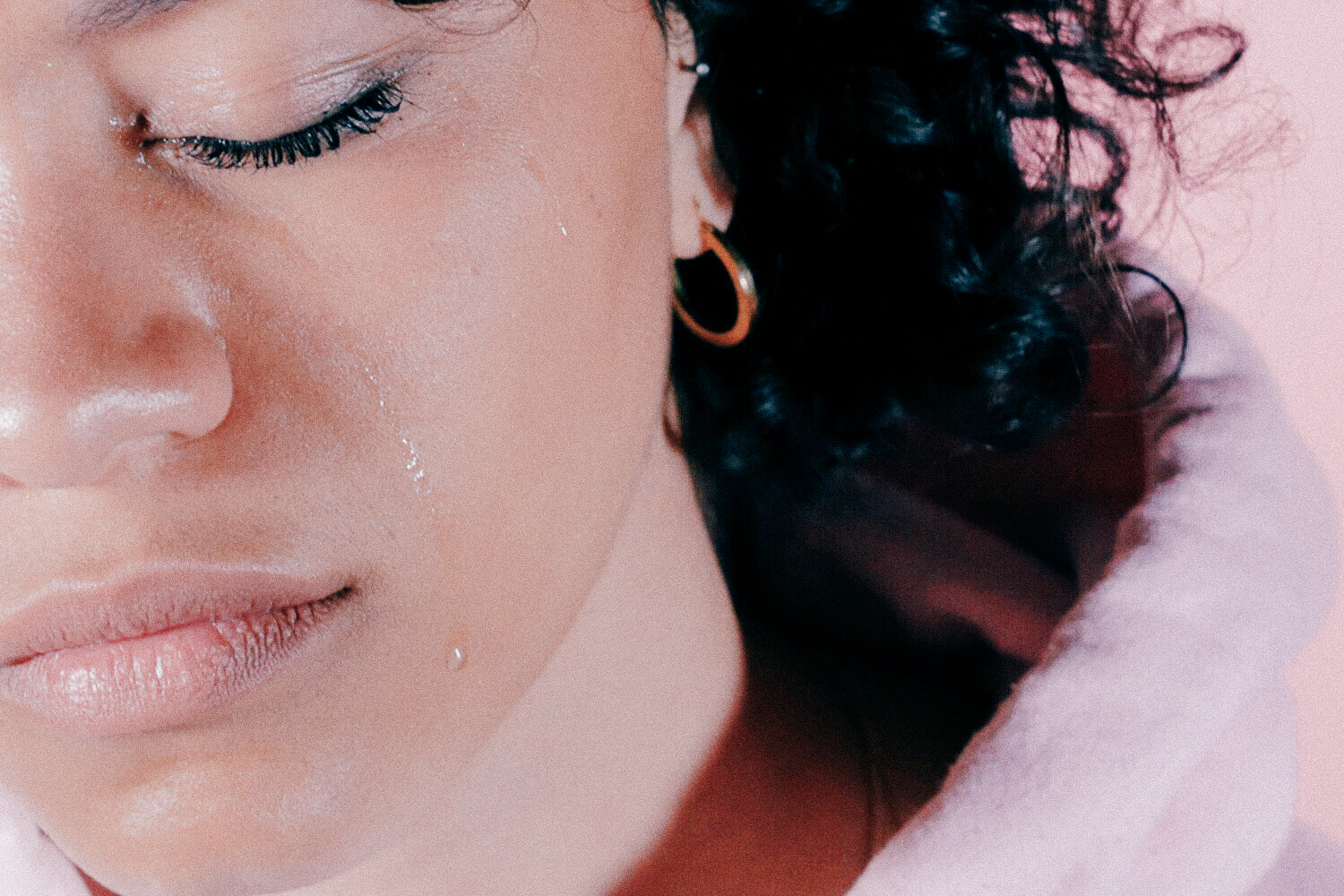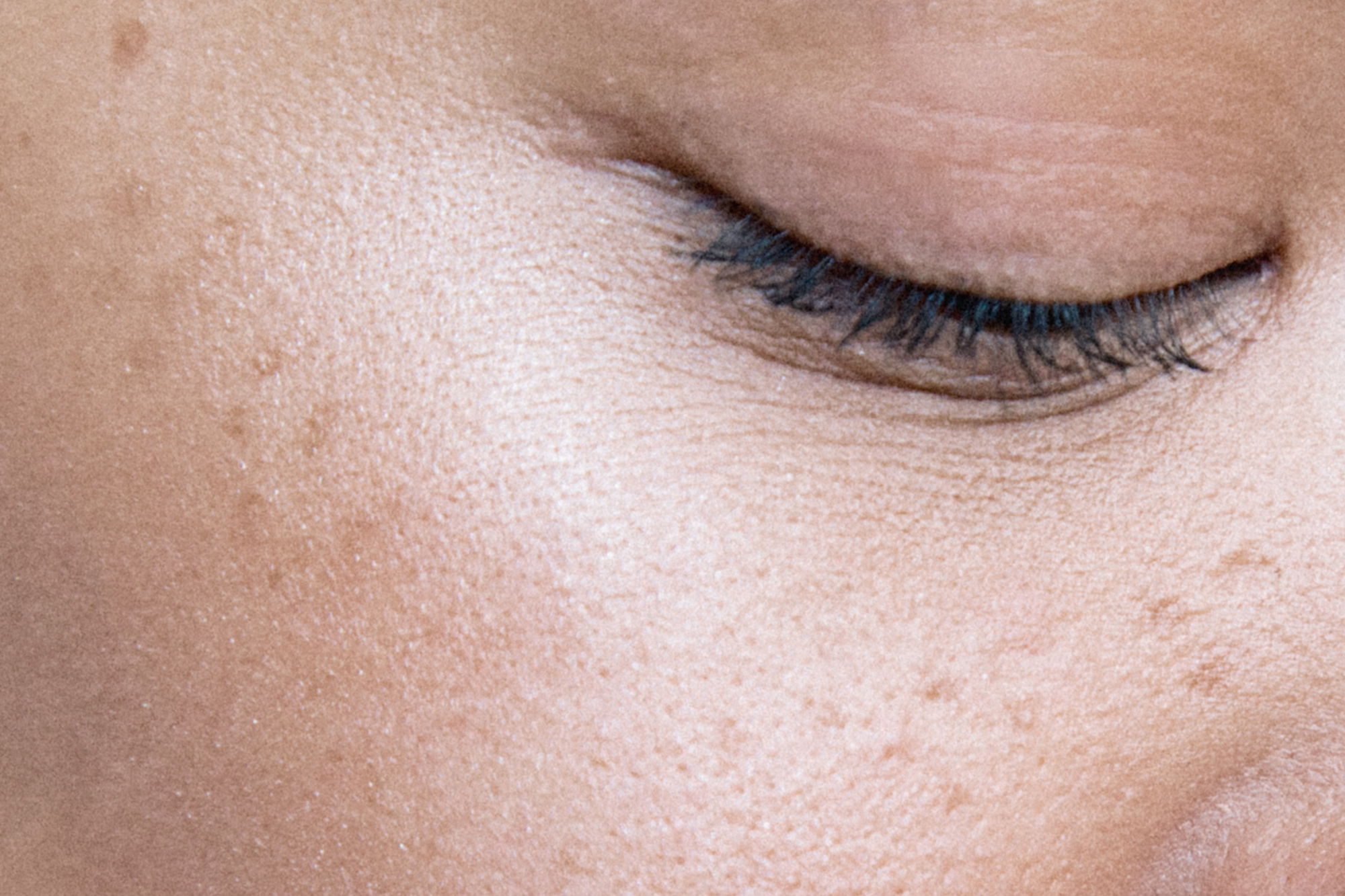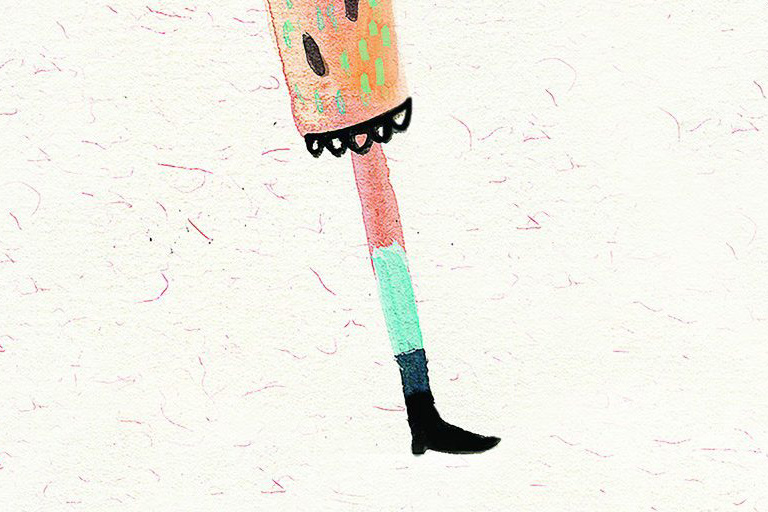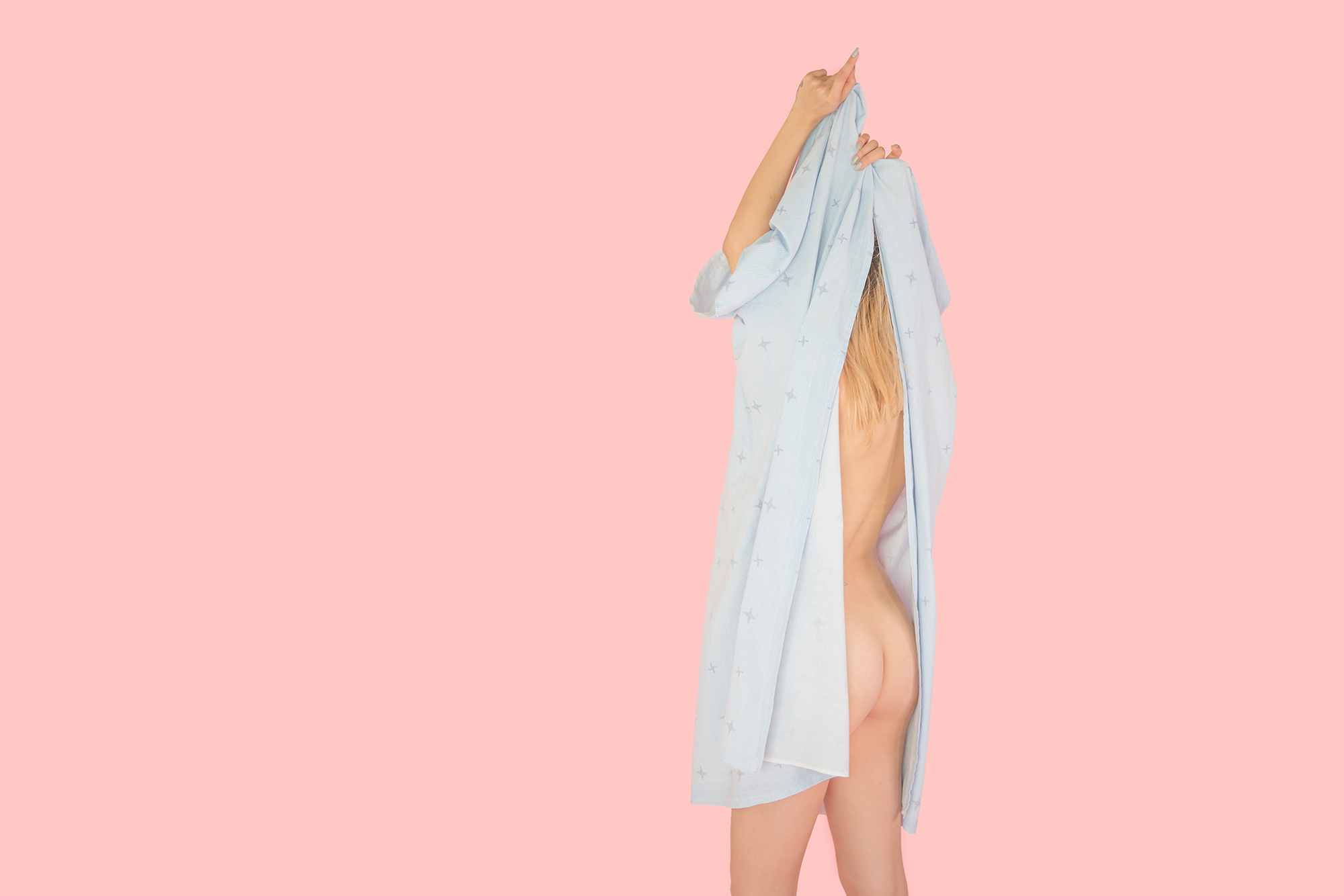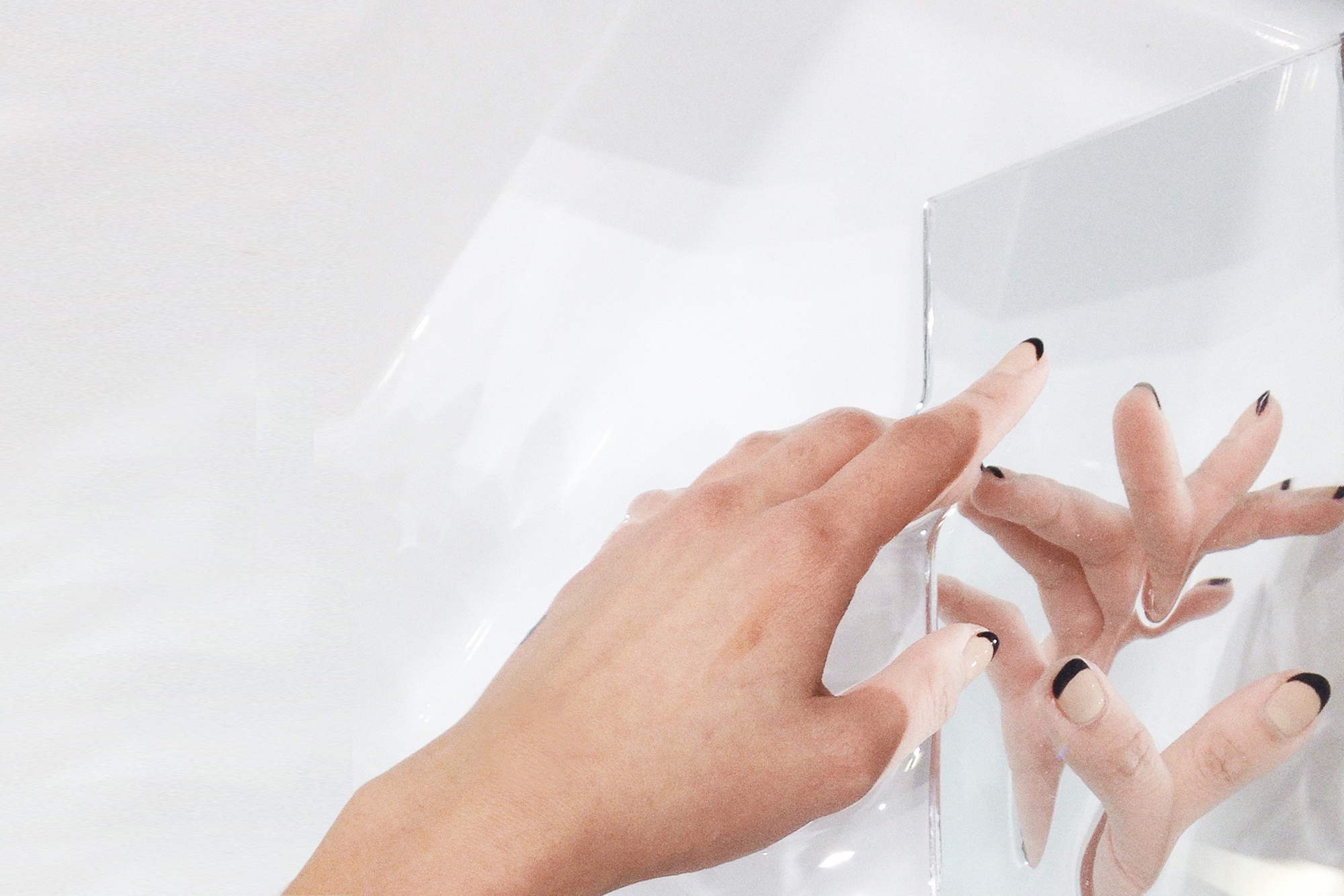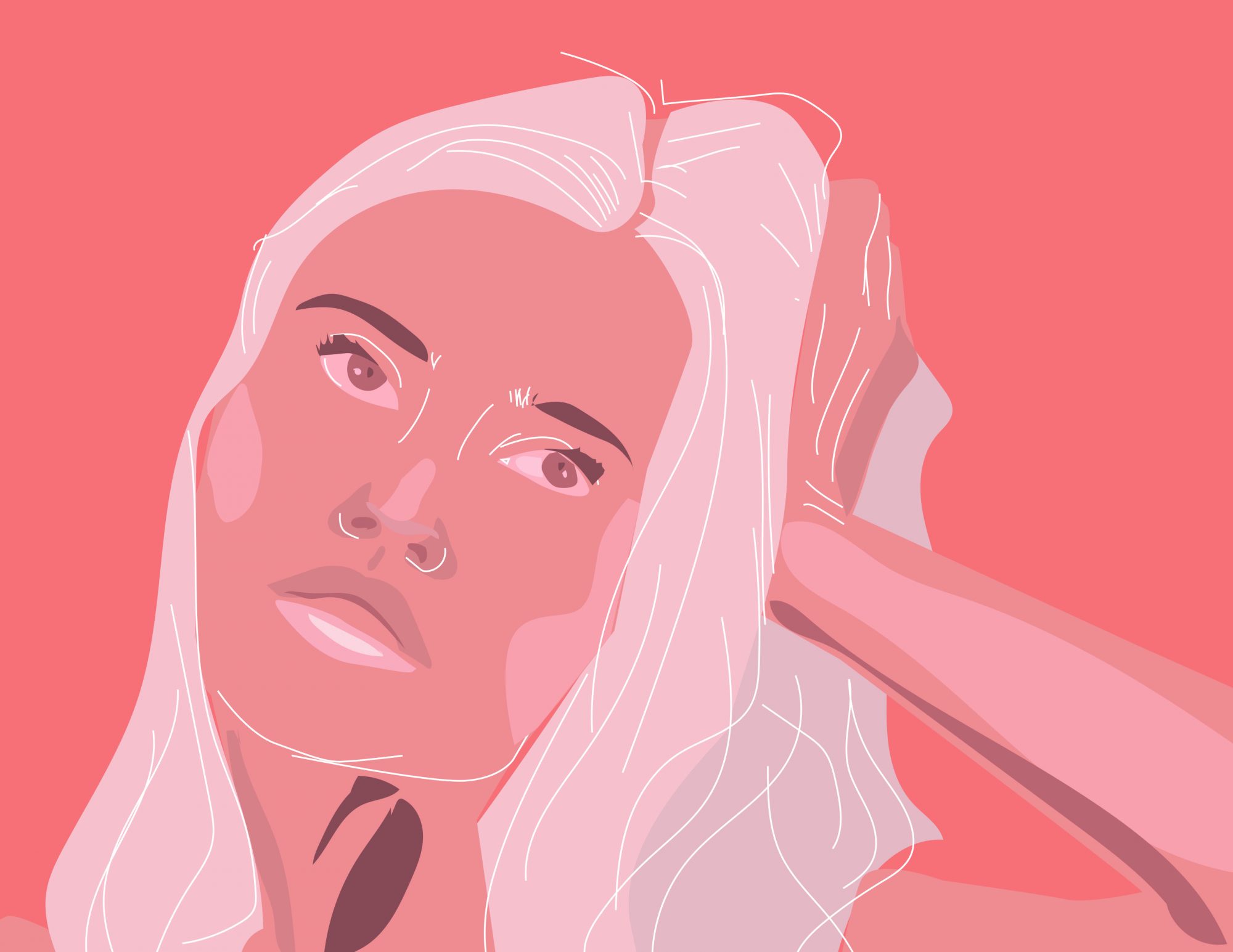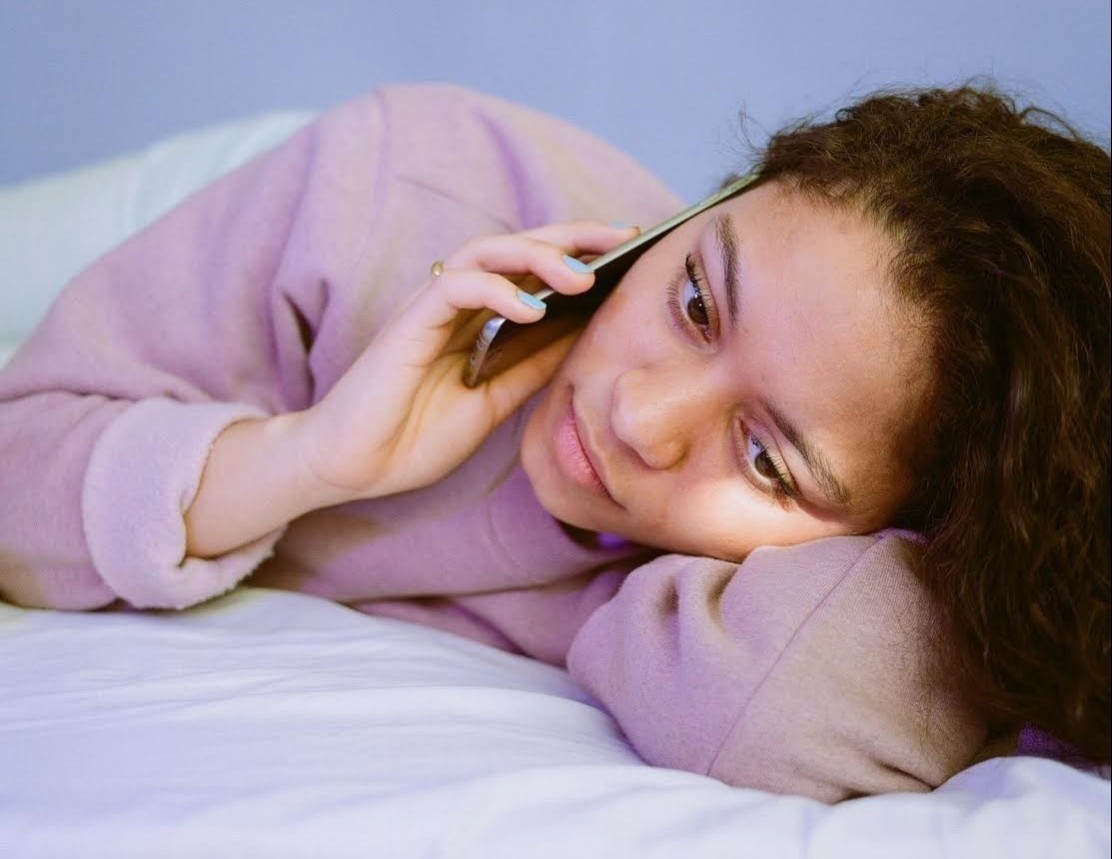health + well-being
The Benefits of Living Alone
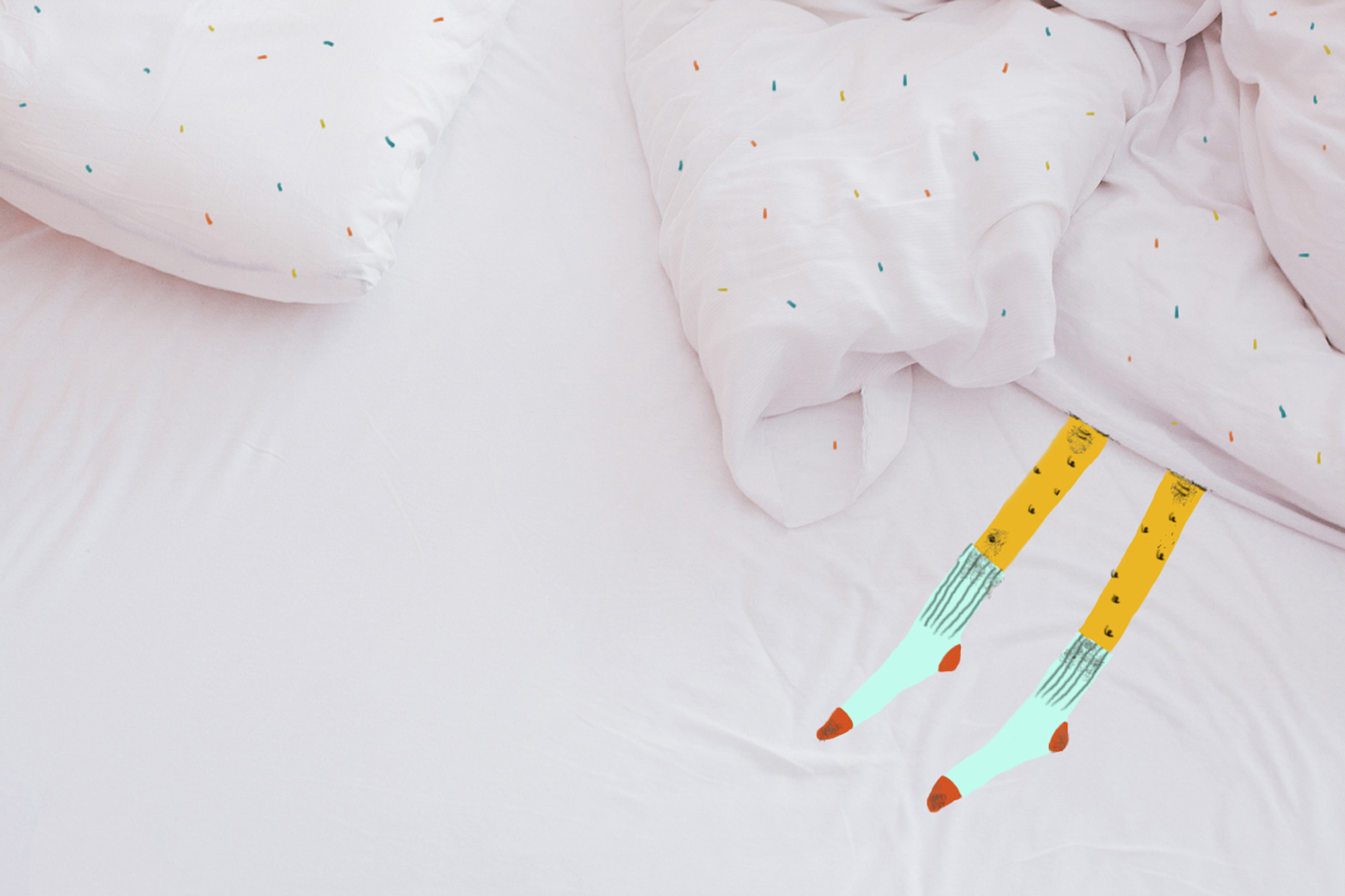
On average, adults spend at least 29% of their time alone. Growing up involves, and sometimes demands, the ability of spending time in solitude. Apart from the obvious benefits, like being naked in the living room, leaving the dishes in the sink, or eating pancakes four times a week — there are a lot of exciting psychological facts lying in the background.
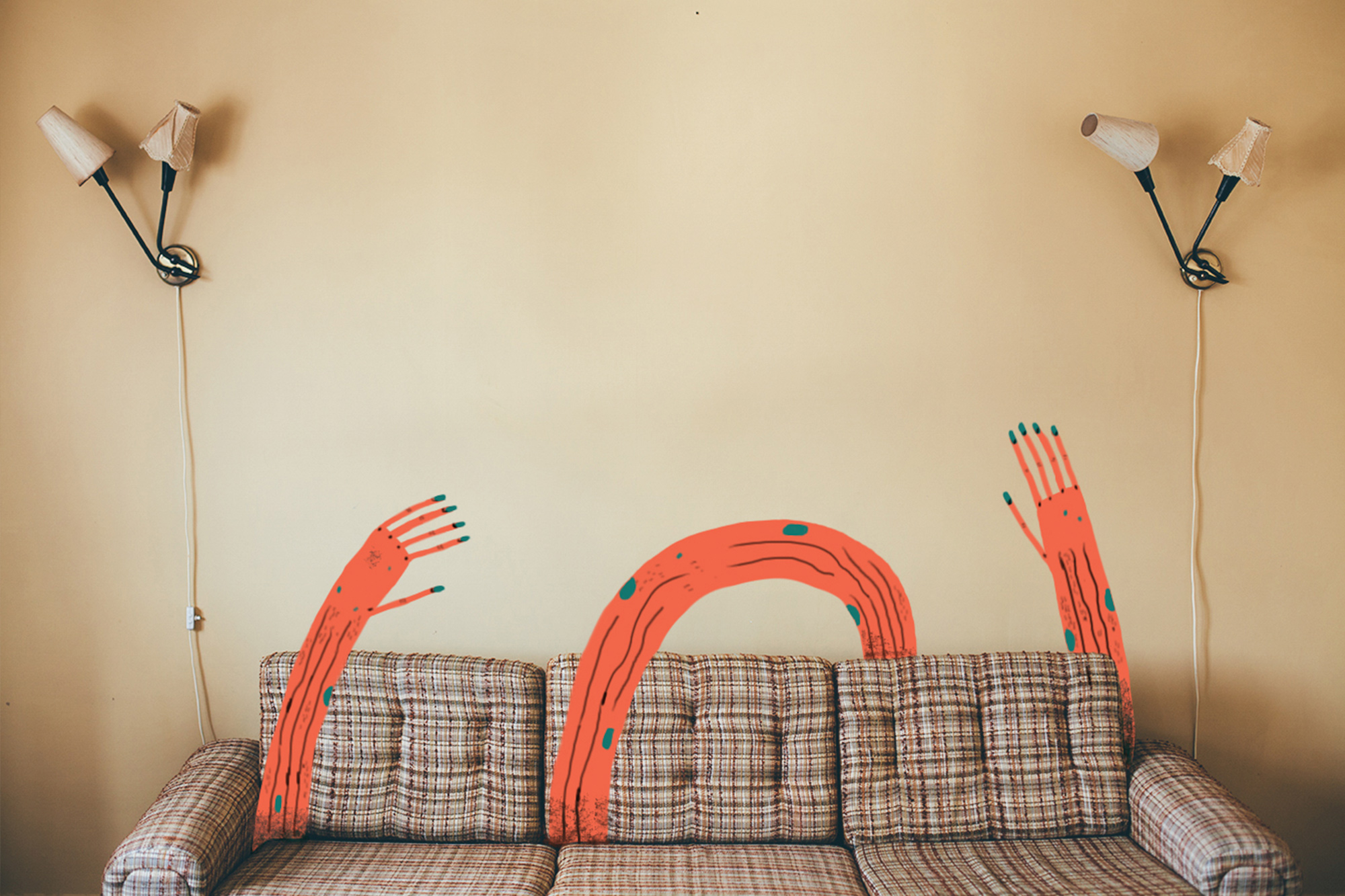 Photos by Kristin Stubberud and Illustrations by Zet Gold
Photos by Kristin Stubberud and Illustrations by Zet Gold
For instance, avoiding over-stimulation, which today is easily categorized as the constant flow of impressions, mostly visual. Impressions that you don’t always chose to be exposed to like commercials, endless scrolling on Instagram, or the constant flow of people in the streets. Spending time away from that, fuels an important aspect of my own self, and makes me less restless.
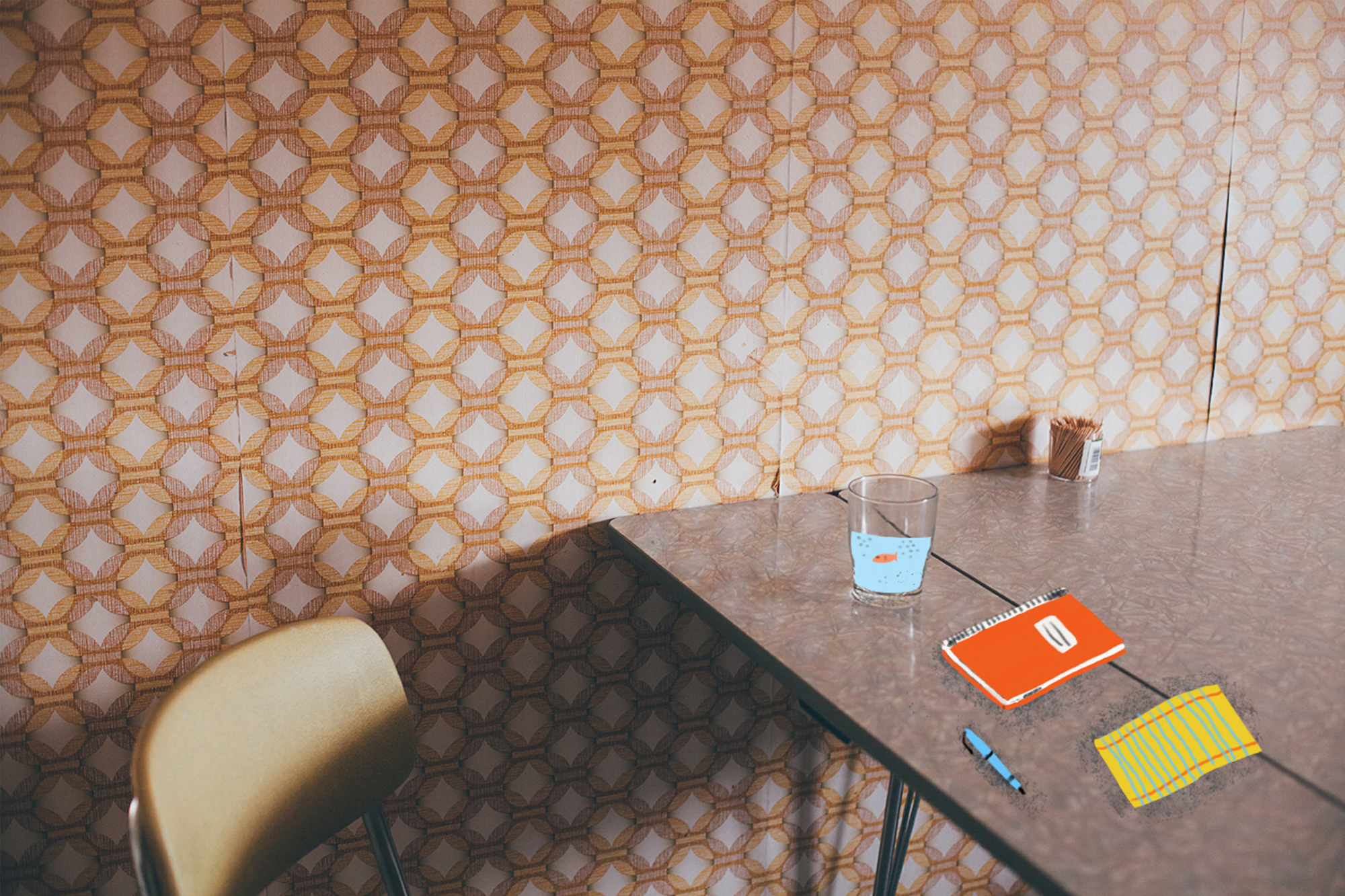
The French writer, Colette, once said: “There are days when solitude is heady wine that intoxicates you, others when it is a bitter tonic, and still others when it is a poison that makes you beat your head against the wall.†There is a close relationship between solitude and loneliness, and sometimes, they can’t be separated. To deal with the ‘head beating’ condition that Colette refers to, involves turning a basically terrifying state of being into a productive one. My worst case scenario is getting into a self-destructive contemplation, ending up with an overwhelming feeling of emptiness or loneliness, while lying paralyzed on the floor. I think this is one of many reactions to isolation, and it’s almost inevitable if you end up spending too much time by yourself.
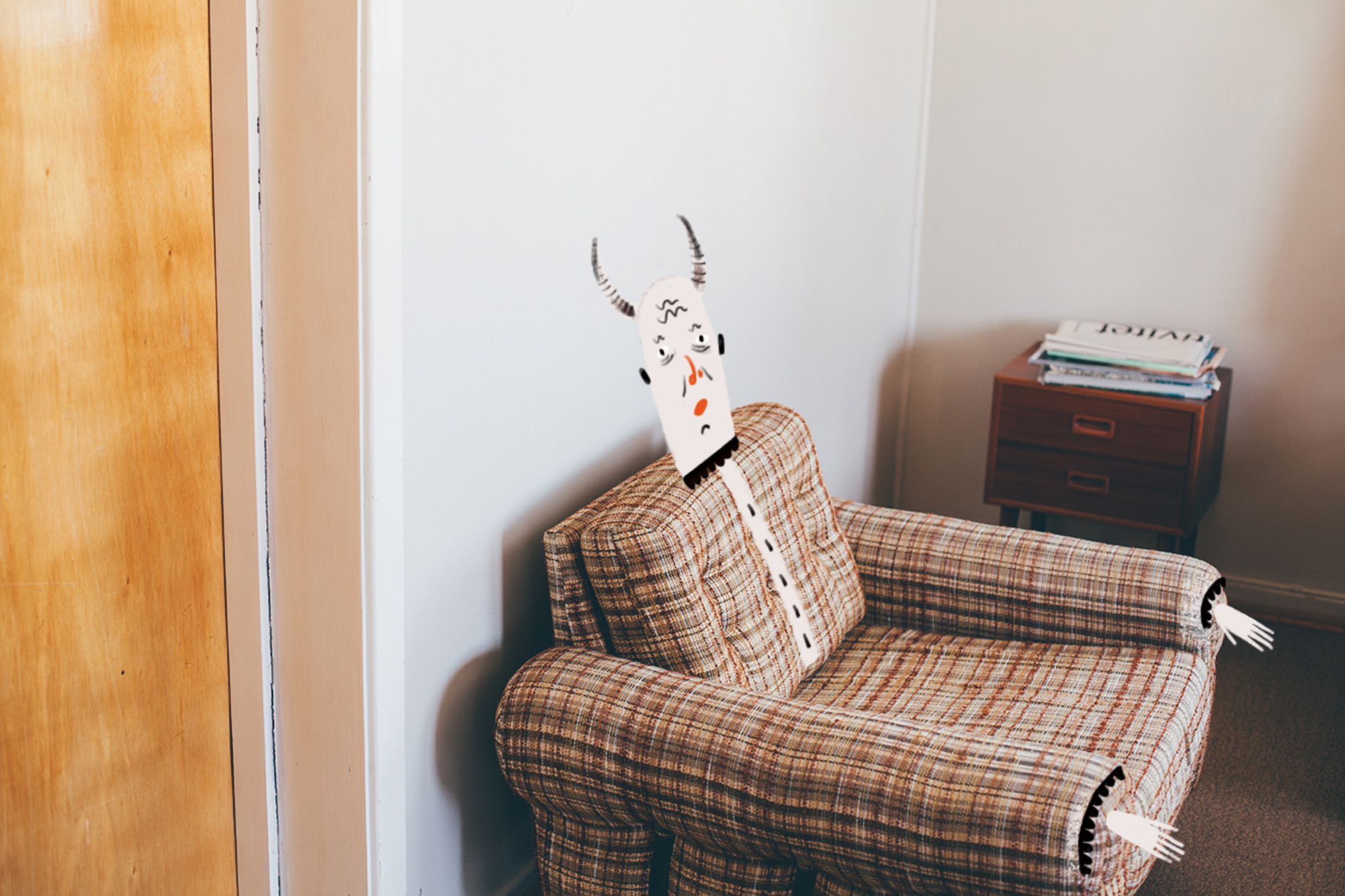
I’m easily influenced by the tiniest interactions with others, and I become overly self-conscious. I tend to adapt. To unconsciously facilitate. Even though I like all sorts of social settings, and most times I even feel really good at it, I often return after a social event feeling empty.
Being constantly self-aware when in a room with other people, or just with a friend, can be exhausting.
I suddenly question and second-guess everything I’ve ever known about myself. I’m not always able to block out people’s opinions and perspectives, and at times, it feels intrusive. In some situations this is pure empathy, adaption, and a positive kind of facilitation. In the negative way this can turn into self-effacement. Spending time by myself decreases the feeling of deprivation, and also minimizes the unhealthy kind of self-criticism.
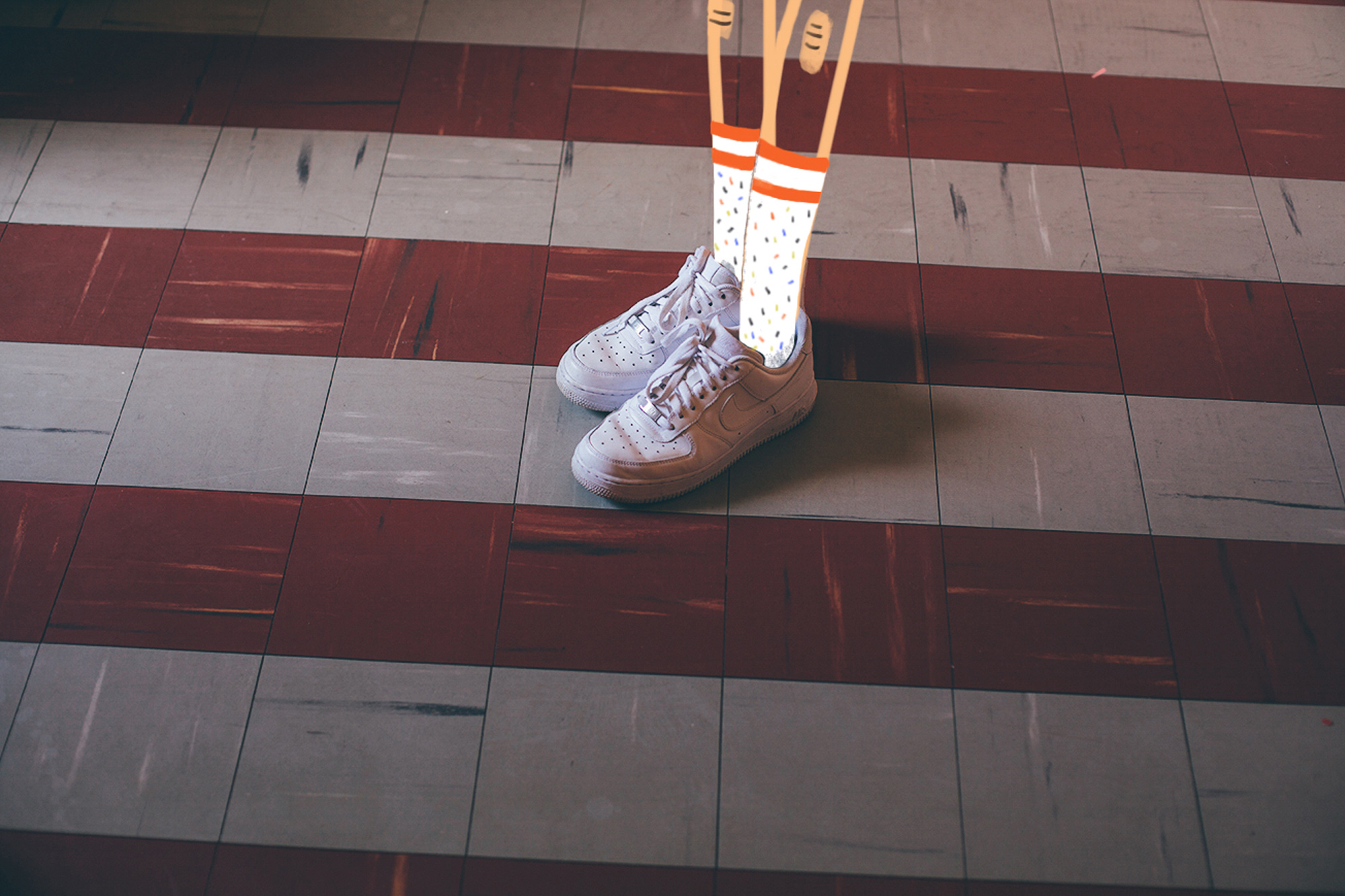
Not only that, I use my time in solitude to nurture my multiple inner realities (there are so many!) — I feed my imagination and follow long trains of thought, without being interrupted. This alone time can also make room for playing out different identities. That means I sometimes talk to myself out loud, even speak with a different accent, or in another language. For children, this is a common subconscious exercise of observing yourself from the outside, and process new ideas. Most of us also had an imaginary friend when we were little, but the least of us carries that along into the adult life. I experience that solitude can involve feelings of connection with an imaginary person, that being you, as your own caregiver.
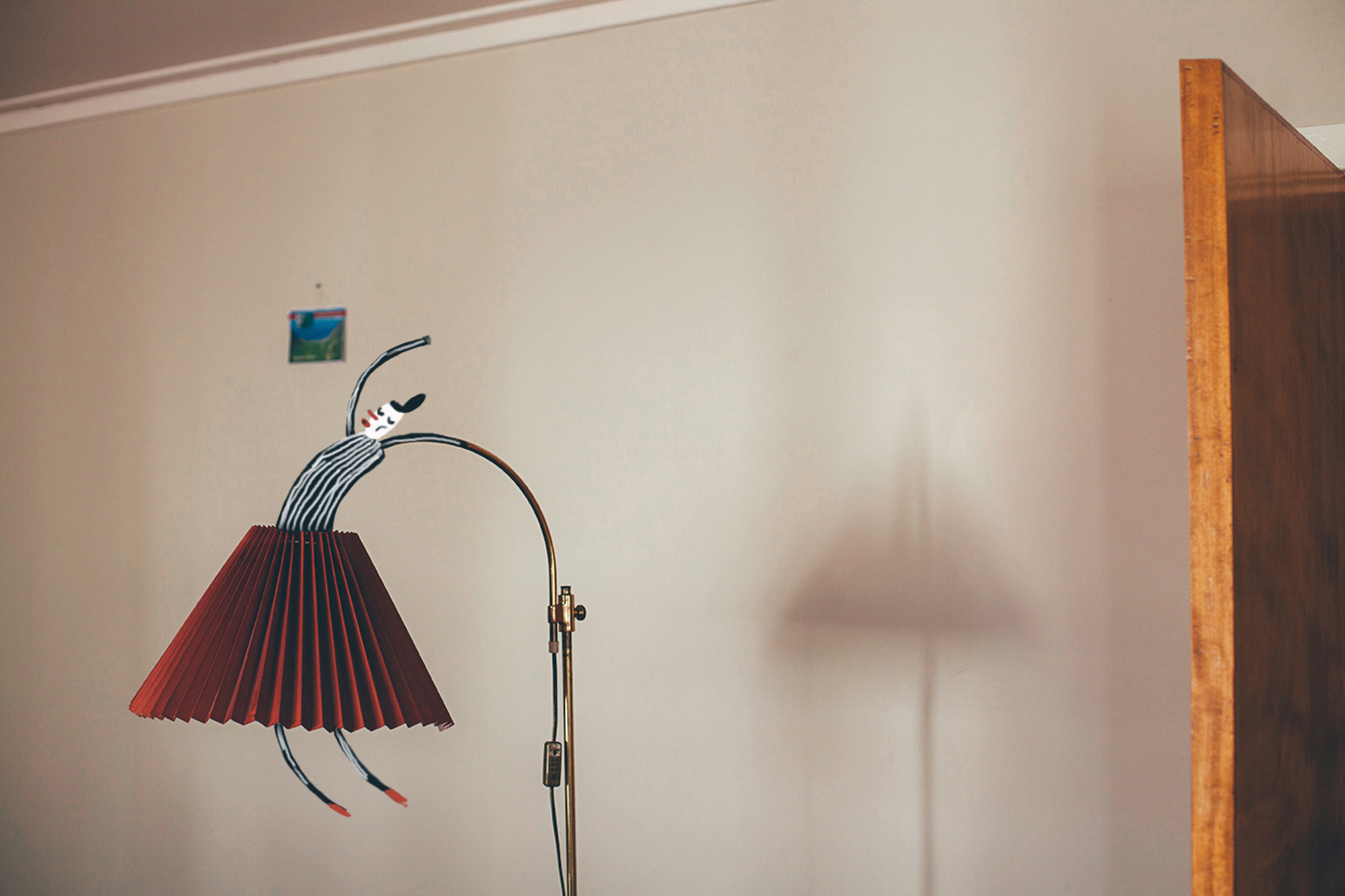
By living alone, I’m practicing self-care. Self-intimacy is knowing how to take good care of yourself, just as in a loving relationship — and right now that loving relationship is with my bathtub (the supreme self-care utility). Here I’m forced to lay down and do absolutely nothing, for as long as my body can stand the hot water, in my own quiet solitude, without the paralyzing feeling of loneliness. So for those who doesn’t have a bathtub: my condolences .
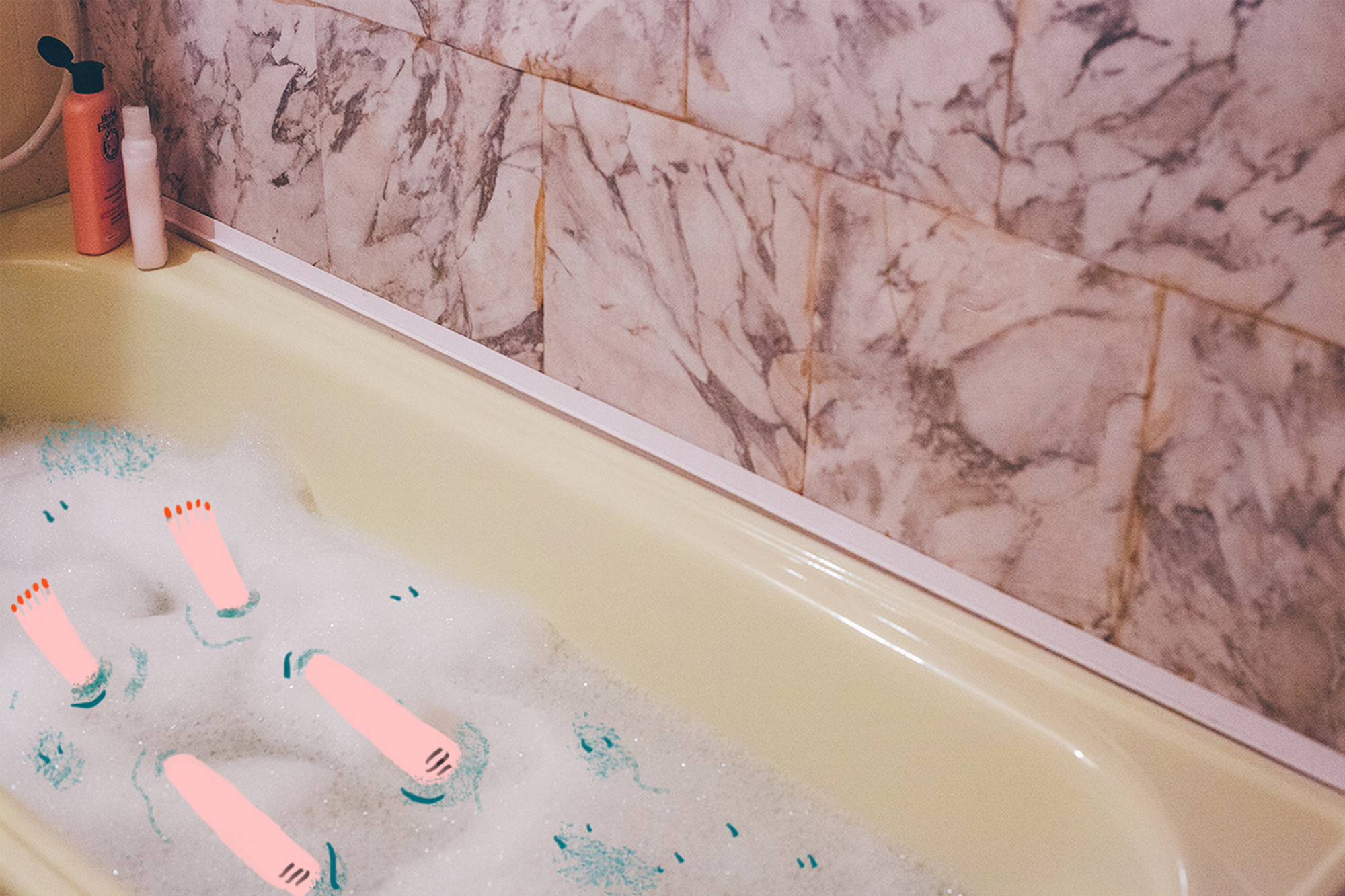
Kristin Stubberud is a Graphic Designer based in Norway. To see more of her work visit her website and check out her Instagram!
Works Cited:
Solitude: An Exploration of Beneï¬ts of Being Alone by Christopher R. Long and James R. Averill. http://onlinelibrary.wiley.com/doi/10.1111/1468-5914.00204/pdf



